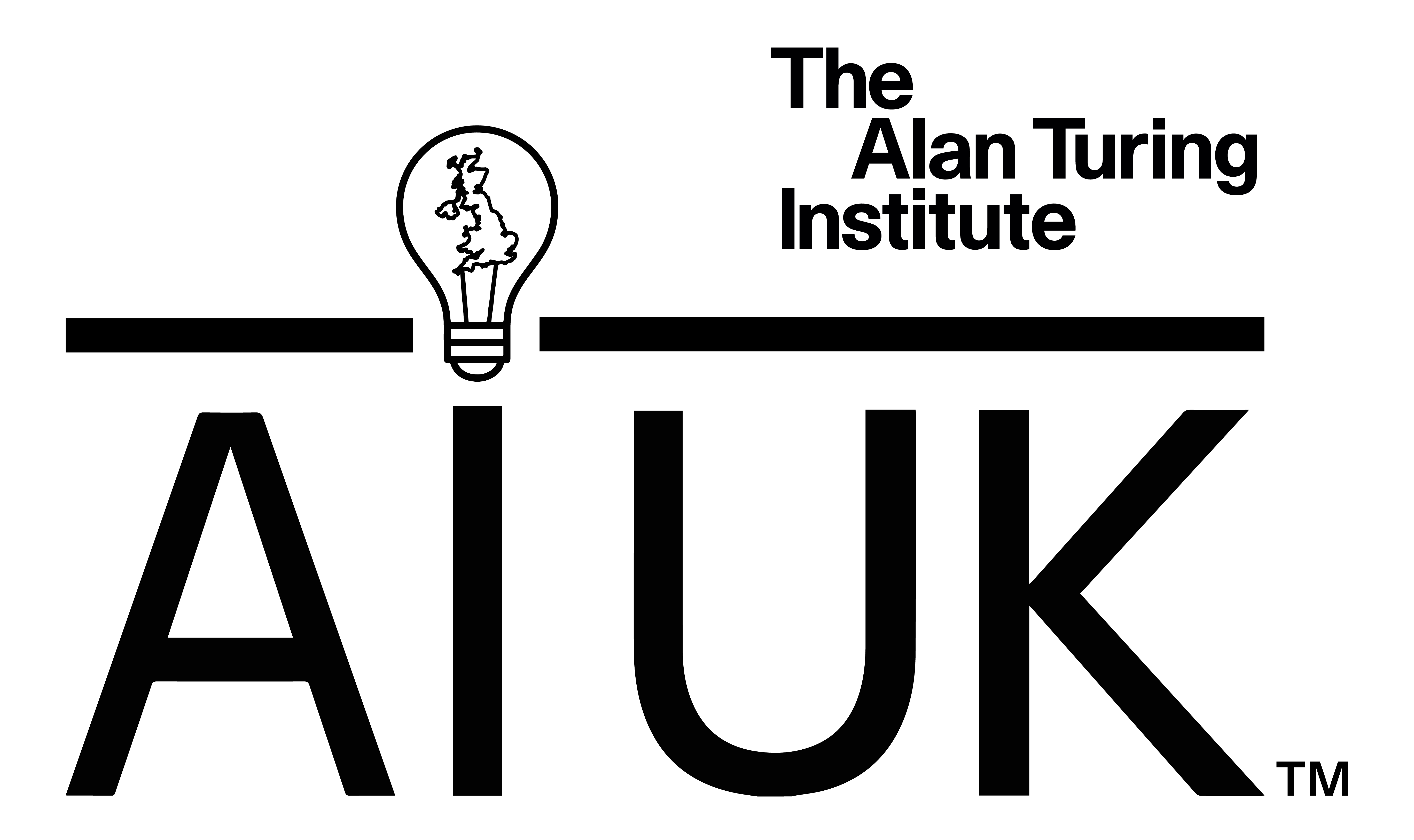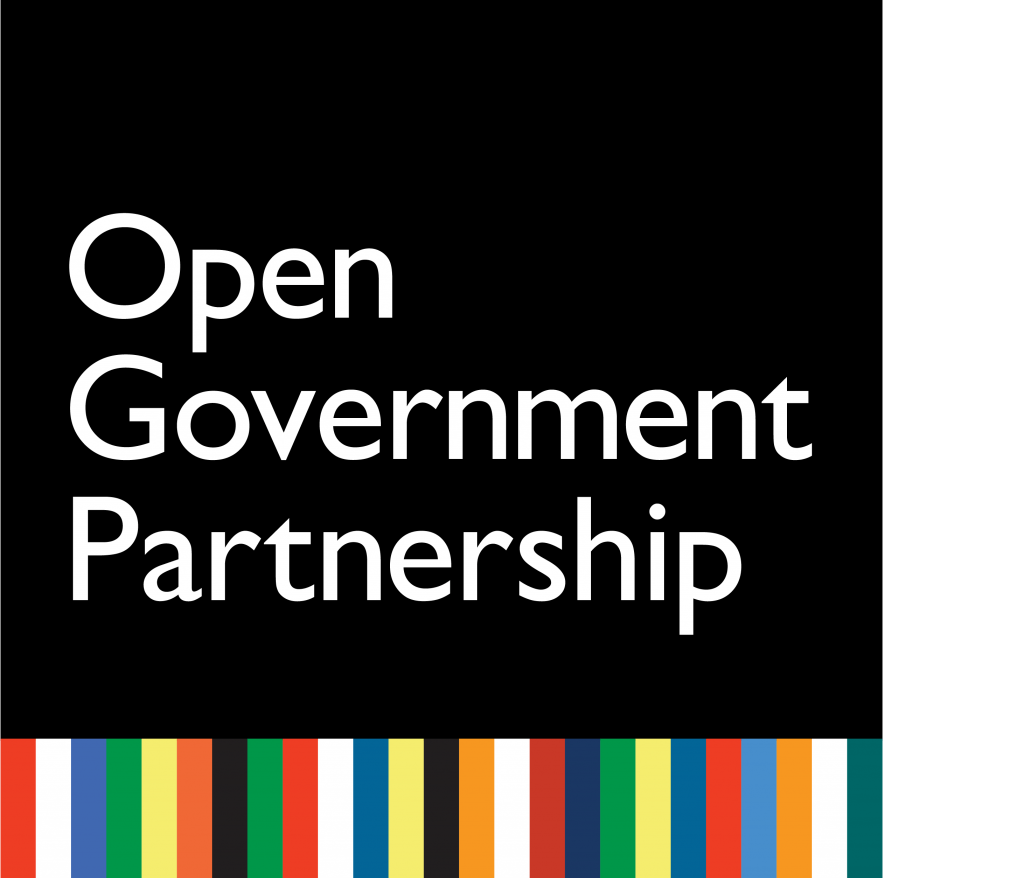Connected Conversations
Informal, virtual discussion sessions


Connected conversations are a programme of informal, virtual discussion sessions designed to support exploration and learning around the fundamentals of collective, democratic, participatory and deliberative data governance.
The goals of the programme are to:
- build a body of understanding, knowledge and evidence on topics relevant to the vision and mission of CONNECTED BY DATA
- amplify innovative work across the field
- create connections between those interested in the area
- build our internal capacity on these topics
The focus for Connected conversations are unanswered questions, difficult issues, and complex topics. People who attend discussions are expected to have strong opinions, weakly held, and to critique and question their own assumptions, as well as those of other people.
Below are the writeups of previously held Connected Conversations and links to forthcoming ones.
If you would like to propose a topic for a Connected Conversation please contact Helena.
We are grateful to Omidyar Network for their support for this work.
Events

Tim spoke as part of a panel for UNICEF UK’s in-house Digital Week on the Risk and Benefits of AI.

Across industries, companies are seeking to exploit content generated by their workers past and present to create customised generative AI. The same pattern is appearing across journalism, education, creative industries, the legal profession, public sector, research and consultancy: wherever people write documents, the organisations that own the rights to that text – often their employers – are aiming to reuse it to build or customise AI language models.

What does data governance mean to you?
That’s the question we asked in our Connected Conversation with Global Voices (GV) on 30th September, exploring learning from GVs Future of Data Challenge-funded Civic Media Data Observatory on Data Narratives that gathered and analysed data-related stories from El Salvador, Brasil, India, Sudan and Turkey over the first part of this year.


“Nothing About Us, Without Us?”
As the European Union moves forward with its groundbreaking AI Act, concerns are rising about the lack of public participation in shaping this legislation. While the Act lays out governance frameworks for AI development and deployment, many are questioning whether it goes far enough to ensure that the voices of civil society and the broader public are heard.


On 22nd - 24th November 2023 CONNECTED BY DATA and Iswe convened an event to create a toolkit for distributed deliberation on Artificial Intelligence. Following this, work has continued on a series of resources and projects to support practitioners in making the case for, and scaling delivery of, public deliberation on how AI impacts our lives.

In late 2023, Mydata Global, Aapti Institute, The Datasphere Initiative, and Connected by Data published ‘In This Together: Combining Individual and Collective Strategies to Confront Data Power, a think piece that looks at how advocacy for better data governance can draw upon the tools of both individual data rights, and collective data governance.

Some may say the public can’t be expected to understand complex issues like AI, issues of governance and highly tech filled spaces. But often this statement can come from those who might have to give up some power to create space for public participation in policy making, system design and implementation. And power is a tricky thing for anyone to relinquish.


Data-driven technologies and AI within EdTech are entering the school and classroom environment at pace, and are likely to increase. The UK government has recently made a series of announcements, including the promise of an AI assistant for every teacher. But concerns abound on the objectives and impact of this push, from displacing the need for new bricks and mortar and working conditions for school staff with tech-fixes, or the poorly understood effect of the learning experiences of children.


On 30th January 2024 we hosted a conversation to share findings from, and have a wider discussion about, the implications of “Our Health Data Stories”; a report written by Just Treatment and Connected by Data. The report aims to bring out the personal stories of a range of patients as they encounter, think about, and respond to health data collection and use, to ground understanding and action in lived experience and help deliver person-centred care. It exposes how patients think about data on a day-to-day basis, and how this affects their approach to their health data and the way they use health services. And it recommends further work around data opt-outs, data service procurement, community engagement, and digital health apps. In our conversation we sought reactions to report, and also discussed action to be taken in response to the findings.


Described as an “essential part of [a data processor’s] accountability obligations” by the ICO, Data Protection Impact Assessments are intended to support the identification and preemption of harms prior to data processing, and are a key piece of evidence for effectively contesting processes or decisions by companies, the government and other data processors.

In September 2023, Connected by Data brought together a diverse group of civil society, government and academic stakeholders on the fringes of the 2023 Open Government Partnership Summit in Tallinn, Estonia, to co-design model policy commitments that could deliver meaningful transparency, participation and accountability in data and AI governance.

This connected conversation brought together different perspectives to explore how rights, harms, and norms can be conceptualised in ways that may be applicable, and helpful, within the data governance discourse. We invited speakers who shared their views about norms in data governance, as well as in the context of the climate crisis, to explore how learning can be shared across these domains.


The week before the UK’s AI Safety Summit we hosted a more closed Connected Conversation (to enable a safe space for honest conversation). The attendees, largely from civil society organisations, discussed the framing of the Summit and how “safety” is defined.
The notes of this connected conversation are only shared with participants.

On 19th October, CONNECTED BY DATA brought together a group of participants to explore issues related to collective data governance, and particularly, to discuss the concept of ‘community’.
The term ‘community’ can be used in different ways, so the objective was to talk about what we really mean by a ‘community’, and what sort of communities there might be in the context of data governance. This can guide our thinking when we explore ways of getting communities involved in governing data and AI, or when negotiating access to data, or empowering communities to seek redress.


On 27th September we held an online conversation about collective data rights, which shared the results of an analysis we commissioned from AWO of three concrete scenarios (in policing, surge pricing, and online content moderation) in which people harmed by automated decision making are not data subjects. After sharing this analysis, we had a wider discussion on collective versus individual rights, on the scenarios raised, and wider issues of data governance.


Last week, as part of our Connected Conversations series, we brought together a fantastic group of panellists and discussants to look at how communities are gaining voice in the governance of data and AI in different settings around the world. The session focused on examples of efforts to engage affected communities in the governance of AI at different levels, internationally. This is particularly important and interesting in the run up to the UK AI Summit.